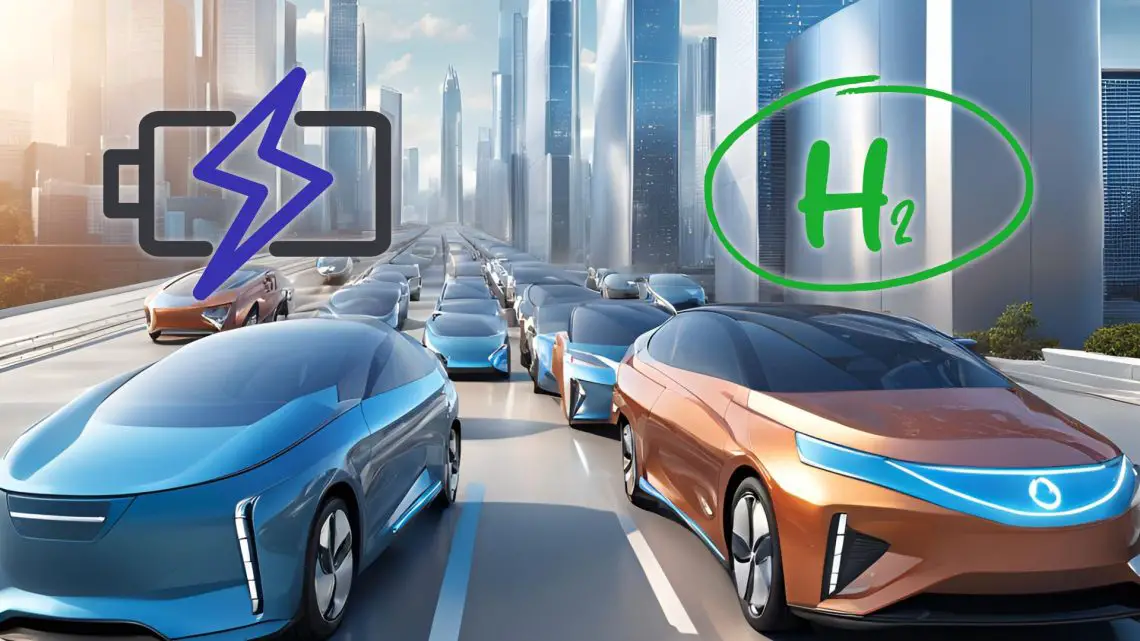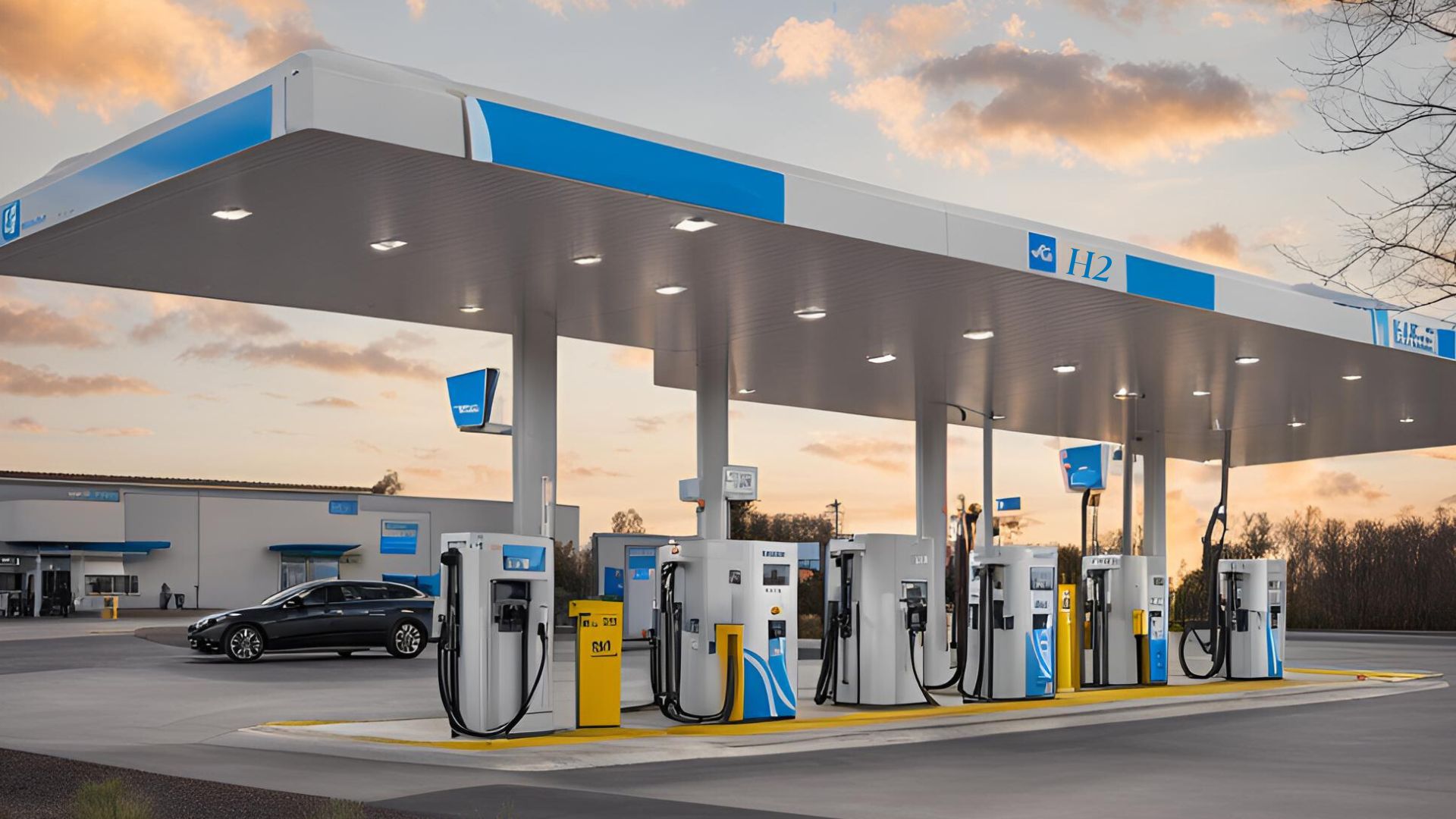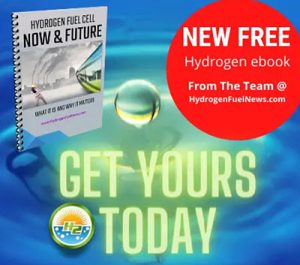
Are hydrogen fuel cells an actual threat to battery electric vehicles?
September 13, 2024With so many EVs on the road, should H2 even be a consideration anymore?
Nobody with any reliable information at all would tell you that hydrogen fuel cells are the leading technology when it comes to zero emission passenger vehicles at the moment.
H2 simply doesn’t have the numbers on the roads
It would be ridiculous to pretend that the world as a whole is even ready to suddenly flood its roads with passenger cars powered by hydrogen fuel cells. There are far too many barriers in the way – first and foremost, a place to refuel. While the same could be said about battery electric cars, there has certainly been a more widespread rollout of recharging infrastructure for those vehicles in the passenger market than has been the case for H2.
Does that mean H2 is dead? According to many companies invested in the technology, not at all. While there was a trend in which many automakers that had been developing hydrogen fuel cell technologies decided to back out entirely or switch gears to the commercial or industrial markets, some are starting to turn around again and look at what H2 now has to offer.
A lot has changed in hydrogen fuel cells
With so much research going on into hydrogen fuel cells, the situation today simply isn’t the same as what it was a couple of years ago, let alone five or more. Furthermore, alongside these advancements has come new technologies in producing clean H2 and ways to bring the costs down.
This has opened some new doors, and investors and companies are both taking notice, including some that had previously looked away.
As was recently published by Hydrogen Fuel News, Toyota and BMW have formed a powerful new partnership for developing and launching new H2-powered passenger vehicle models. BMW will be rolling out its own model first, but the technology they create together will also be implemented into a future Toyota model, according to their plans.
It’s not there yet, but it’s moving forward
Would anyone really say that hydrogen fuel cells are a threat to battery electric vehicles right now? Definitely not. Will H2 overcome EVs in the future? It’s far too early to say. However, what is most likely is that the two technologies will each play their own role on future roads, as was the case for gasoline and diesel for the last many decades.



 With over 15 years of reporting hydrogen news, we are your premier source for the latest updates and insights in hydrogen and renewable energy.
With over 15 years of reporting hydrogen news, we are your premier source for the latest updates and insights in hydrogen and renewable energy.
Hydrogen fuel cells and EV batteries will replace gasoline and diesel fuels in both trucks and automobiles. Fossil fuels in most countries will not be cost affordable before the end of this century.
Countries that have positioned themselves to buy both Russian oil and natural gas cheaply should be well advised that Russia on its current path will not be able to provide any natural gas or oil from Siberia to these nations or others in the future.
All will be contaminated and unusable due to military reasons, threats and locations.
Check out Hazer Group Ltd Perth WA their process can use biogas feed stock from a water treatment works & there are 300 such works in Australia.
Lance Hora 0408685374
I’d be interested in focused discussion about the type re-fueling systems used in passenger vehicles. An infrastructure that requires gas station like pumps–or chargers–is expensive to build out. But, a system that has interchangeable cylinders–like barbecue tanks– could be rolled out across the continent in months. Imagine pulling into a refuelling station taking a tank from the pile and swapping out an empty for a full and away you go. How is this so difficult? How is this an actual barrier?
My thoughts are the weight of the tank. You will need device to mange the swapping of the tanks. You can do this but it would require a standard across all automobile manufacturers.
Try using Tritonex nano barrier coating which will stop permeation up to 100 Bars and will significantly reduce the weight of the cylinder
It will also protect metal part from attack by H2, now on the market
Ps. Another is the on tank valves and pressure release system. You will need a new design that allows swaps g tanks that are up to 350bar pressure. Some tanks go to 700bar.
About a year ago, I listened to an Automotive News podcast featuring former GM hydrogen fuel cells guru Larry Burns champion and Amazon model when replacement hydrogen canisters were delivered directly to fuel cell vehicle customers.
The whole World will convert to hydrogen power when the drillers start to bring White/Gold , Earth manufactured hydrogen, to Market.
The Hydrogen Era will really commence at that point.
I love hydrogen I have 2 yrs salary invested in this
The problem could be solved by producing the hydrogen on location of the fuel stations.
The electric power could come from nearby solar panels and windmills placed for this purpose.
When there is not enough electricity, it could be taken from the grid.
No transport of H2 needed.
This could make a fast out roll of H2 fuel stations possible.
Much easier then a fossil fuel gas station i think.
Yes. Hydrogen is difficult and dangerous to transport by pipeline, too fugacious and embrittles steel. But it’s major advantage is that it can be produced practically anywhere by every country in the world. And if we focused on retrofitting ICE engines to burn hydrogen we could decarbonise transport far more quickly and cheaply, notwithstanding there are still some issues with combusting hydrogen in an engine but it is still incomparably better than hydrocarbons.
H2 is available today via pipeline. Most if not all electricity generating plants have it available today. Hydrogen is less volatile than gasoline and just as easy to transport.
energy.gov/eere/fuelcells/hydrogen-pipelines
eia.gov/energyexplained/hydrogen/use-of-hydrogen.php
Burning hydrogen is not along term solution. When hydrogen is burned the reactions forms NOX (nitrogen oxide). NOX is 400% more deadly than CO2 to our atmosphere.
Catalytic converters already in use can remove NOX emissions.
I don’t thing there’s a technical issue. The same as gazoline, put a large tank with universal or adaptive connection system and any tank or can can be loaded.
That’s just a question of economic threshold to reach to get it viable.